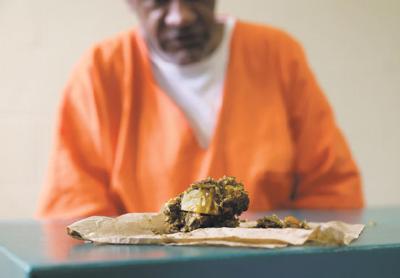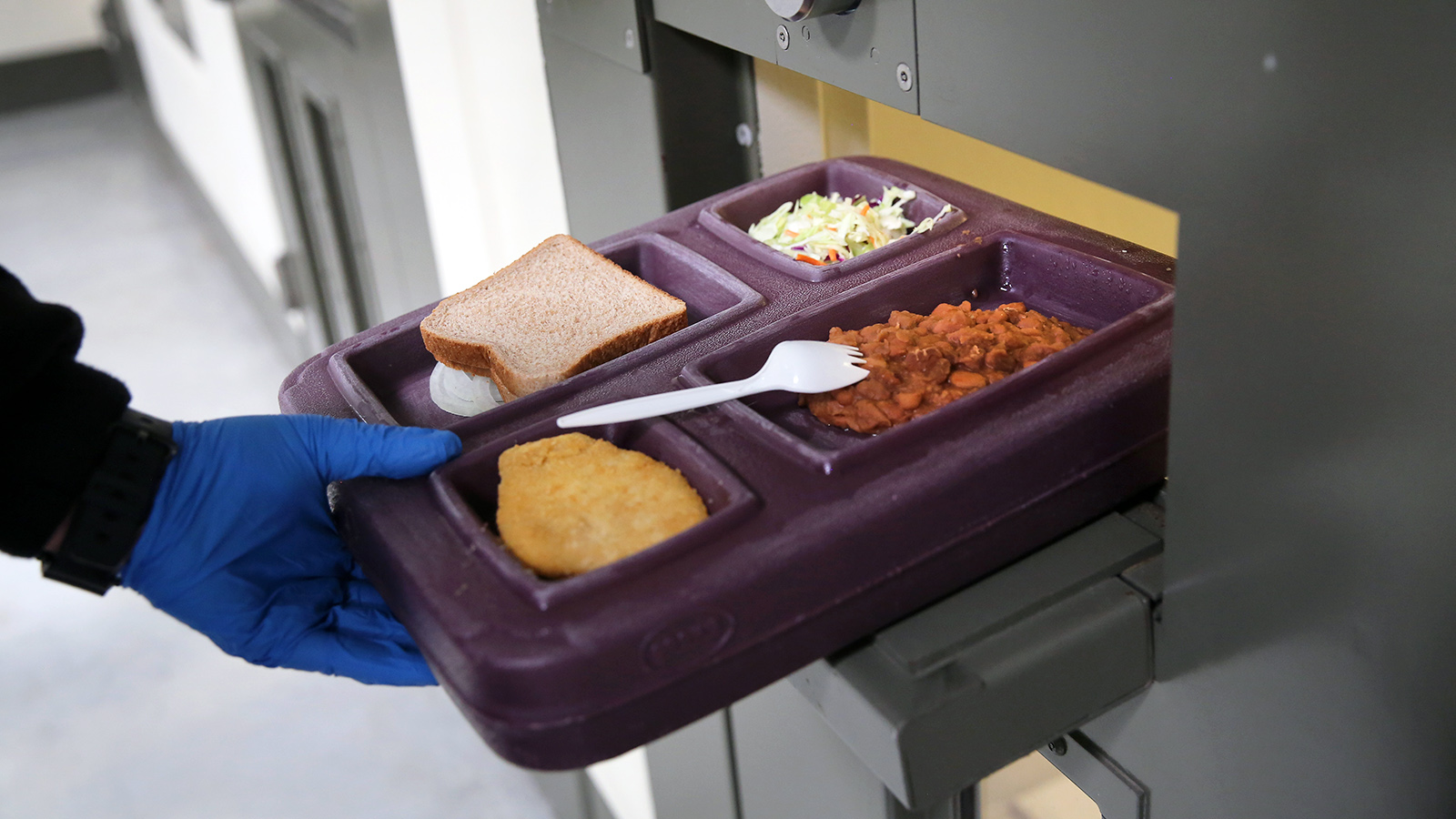It is evident that prison food is a public health problem and only getting worse across the United States. U.S. prions are moving to a more industrialized and private system focused on packing prisons with more people in order to acquire larger sums of money. Once again, the U.S. prison system is displaying a corrupt structure to benefit themselves finically. They simply treat their inmates like objects and fail to recognize them as human beings. Industrialized prisons replace cooking from scratch with processed packaged food that does not meet the standard nutrition requirement. Because of this, prisoners are exposed to various diseases and illnesses because they are not getting the proper nutrition to keep their immune systems strong. This plays in to they psychical and mental health struggles that prison life entails.

According to Health.gov, proper nutrition is a quintessential aspect to maintaining physical and mental health. “Food and nutrition play a crucial role in health promotion and chronic disease prevention.” Prisoners currently live in an environment that degrades and diminishes their bodies and mental health. Without access to nutritious food, people who are incarcerated are disproportionately at risk of developing chronic diseases, such as diabetes and heart disease, or making their existing health conditions worse. When you add this to the malnourished meals they receive it is no surprise that “in prisons, 25% of females and 21% of males reported ever having an infectious disease.” These numbers should not be this high, and many of these infectious diseases can be credited to the food served in these prisons.
The first example shows prisoners from the Georgia’s Gordon County Jail. These claimed they had lost 20 or more pounds in a few months. The food company that provided for this prison, Trinity, had little regard for what prisoners think about the meals they are severed. They charge jails and prisons as little as 75 cents to $2 per meal and save a substantial amount of money because of it. Although they are making high profits the consumer, which in this case is the prisoner, gets the bad end of the stick. According to Susan Sharen, “Studies show that prison diets are often lacking in nutrition, low in fruits and vegetables, and high in salt, sugar and saturated fat. According to the advocacy group Impact Justice, many meals are downright unpalatable – overcooked, undercooked or just plain rotten.” While prisoners are not expected to get served five course meals, they should not be served processed rotten food.

So, what should be the alternative source of food for incarcerated people? They deserve the right to eat food that will maintain the stability of their health. The food they should be served should be natural food that is not processed. Never should they get served food filled with mold. They should also be given at least 2,000 calories per day which is the suggested number according to NHS common health.
The United State prison system needs to find a middle ground for feeding the incarcerated people. It’s expensive to feed the amount of prisoners that the U.S. has. The challenges in feeding a prison population that large, and doing it cheaply enough that the taxpayers who foot the bill don’t revolt, can’t be downplayed. Even if they serve food that meets religious or dietary requirements, it doesn’t mean it’s nutritious, or that the meal is balanced. In many cases, select prisoners will have food disorders that hinders their ability to receive a full meal. For example, if an inmate is gluten intolerant, the gluten from a meal is simply removed. Nothing will replace the meal, instead they are just given less food.

When looking into the ingredients of the prison food, it is clear the lack of nutrition. John Donovan compared the food products of organic cat food. He proclaimed, “Just go compare those [labels] to, like, an organic cat food label sometime. You’ll see that there are a lot of nicer cat food products that a lot of prisoners would prefer to eat.” This is a clear sign that prison food can be better. Cats do not need to intake the same amount of nutrients that humans do. However, many cats are receiving higher levels of nutrients than that of prisoners. There needs to be change so that prisoners receive the proper nutrition to keep their bodies and minds at a healthy level.
In conclusion there are many clear problems with the way the United States prison system operates. The food that is served is just one example of a way the system runs down the people for their own benefit. When looking at the research, it is clear that prisons serve such nutritionally unbalanced food in order to acquire larger sums of money for themselves. The living standard of people is more important than making money. People should not be living in the environments displayed in prisons.